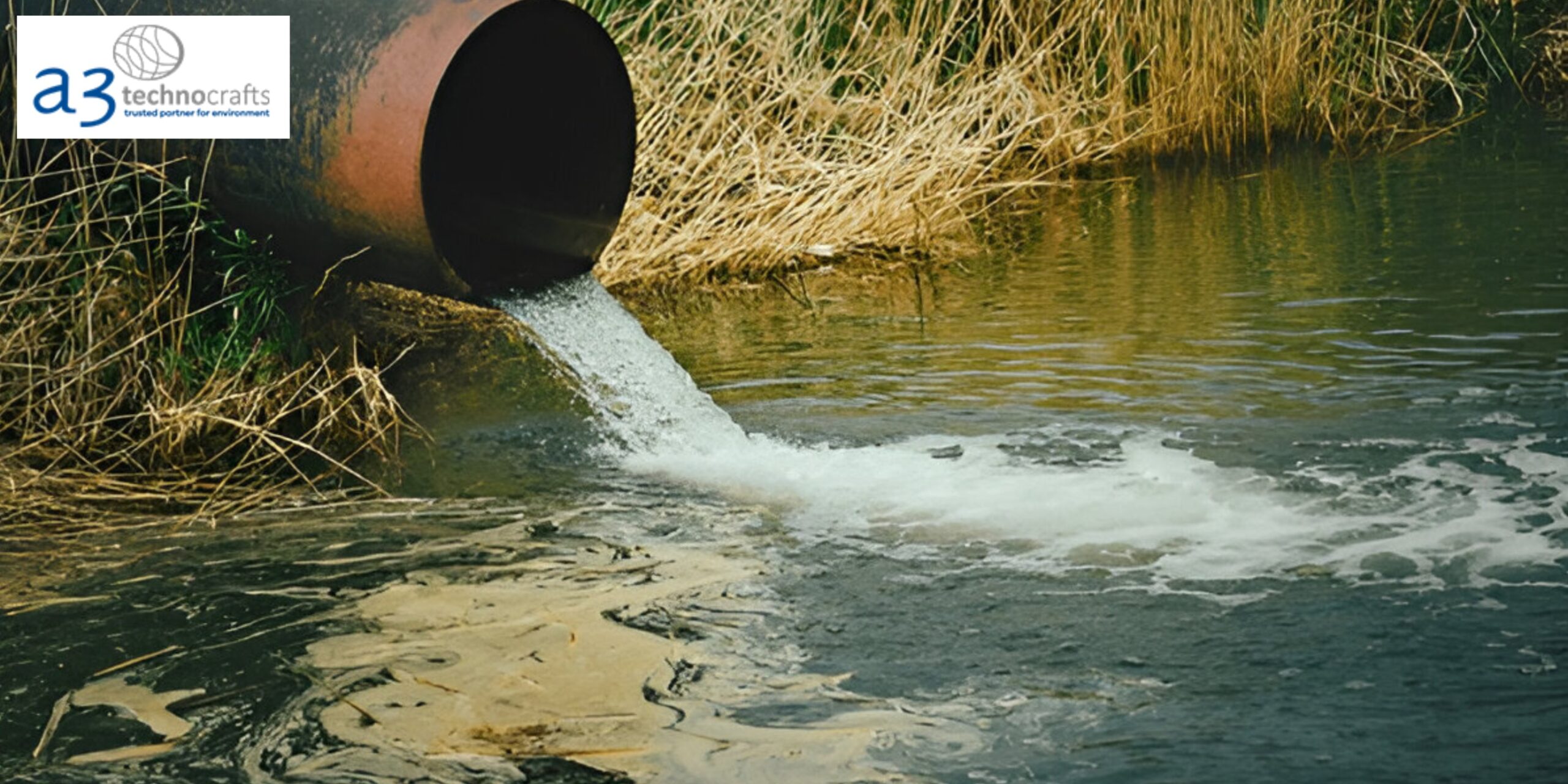Water is one of the most precious resources on Earth, and yet, its mismanagement poses a significant threat to public health, the environment, and economic growth. In India, the challenge of urban Wastewater Management is intensifying. As per a report by Economic Times, a staggering 72% of urban wastewater in the country flows untreated into rivers, lakes, and other water bodies, causing widespread pollution and health hazards.
The Urban Wastewater Crisis in India
India generates approximately 62 billion liters of wastewater daily from urban areas, yet the country’s treatment capacity is only about 16 billion liters. This leaves a significant volume of untreated wastewater to pollute the environment.
Key Reasons for Untreated Wastewater:
1. Inadequate Infrastructure: Many cities lack adequate sewage treatment plants (STP) to handle the growing wastewater volume.
2. Rapid Urbanization: The fast-paced growth of cities often outstrips the development of proper waste management systems.
3. Lack of Awareness: Limited understanding of the long-term consequences of untreated wastewater exacerbates the problem.
4. Financial Constraints: High costs associated with setting up and maintaining treatment plants deter investments.
Impacts of Untreated Wastewater
The untreated wastewater problem has far-reaching effects, including:
1. Environmental Degradation: Water bodies contaminated with sewage harm aquatic ecosystems and reduce biodiversity.
2. Health Risks: Polluted water increases the risk of diseases like cholera, dysentery, and hepatitis.
3. Economic Loss: The loss of clean water resources hampers agriculture, fisheries, and tourism, leading to significant economic setbacks.
4. Water Scarcity: Pollution of freshwater sources exacerbates water scarcity in a country already grappling with water stress.
The Need for Immediate Action
The crisis calls for immediate and sustained efforts to improve wastewater management. Key steps include:
1. Expanding Treatment Infrastructure: Establishing new STP and upgrading existing facilities.
2. Promoting Decentralized Solutions: Encouraging small-scale treatment systems for communities and industries.
3. Increasing Public Awareness: Educating citizens about the importance of wastewater treatment.
4. Policy and Funding Support: Strengthening regulations and providing financial incentives for wastewater treatment projects.
A3 Technocrafts: A Pioneering Solution Provider
In the fight against untreated urban wastewater, A3 Technocrafts emerges as a key player. The company specializes in providing state-of-the-art solutions for wastewater treatment, combining innovation with sustainability.
What A3 Technocrafts Offers:
1. Advanced Treatment Technologies: A3 Technocrafts employs cutting-edge methods like Membrane Bioreactors (MBR), Sequential Batch Reactors (SBR), and Moving Bed Biofilm Reactors (MBBR) for efficient wastewater treatment.
2. Customizable Solutions: The company designs systems tailored to the specific needs of municipalities, industries, and residential complexes.
3. Sustainability Focus: A3 Technocrafts emphasizes eco-friendly practices, ensuring minimal environmental impact.
4. Cost-Effective Models: With affordable solutions, the company makes wastewater treatment accessible to a broader audience.
5. Turnkey Projects: From planning to execution, A3 Technocrafts handles every aspect of Wastewater Management projects, ensuring timely delivery and high-quality results.
Conclusion
India’s challenge of untreated urban wastewater is significant but solvable. With strong infrastructure, innovative solutions, and public involvement, the country can overcome this issue. Companies like A3 Technocrafts are pivotal in offering practical and sustainable solutions to protect water resources.Everyone—governments, businesses, and citizens—needs to work together for cleaner water and a healthier future. Partnering with experts like A3 Technocrafts can fast-track progress towards effective wastewater management, ensuring environmental and public health for years to come.
